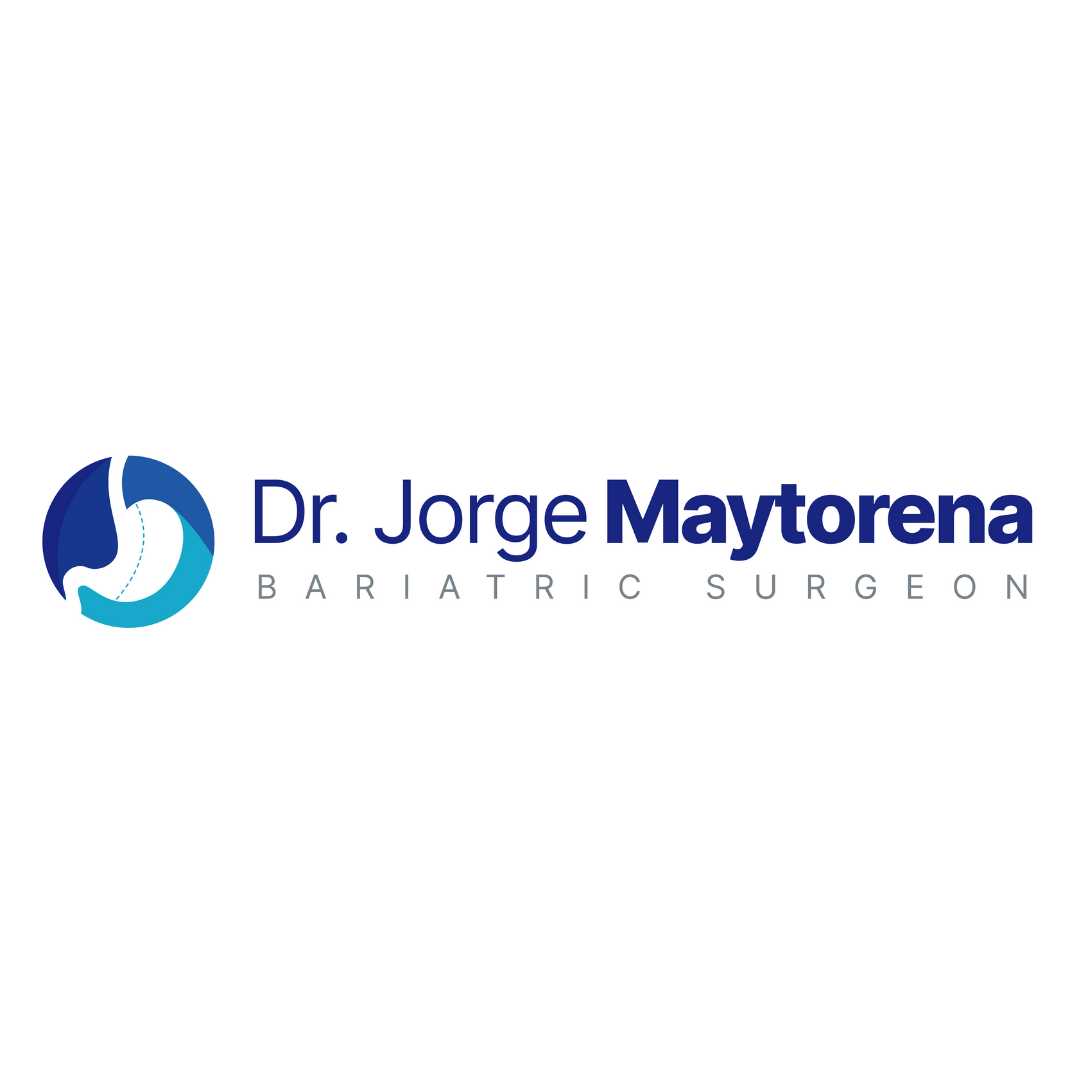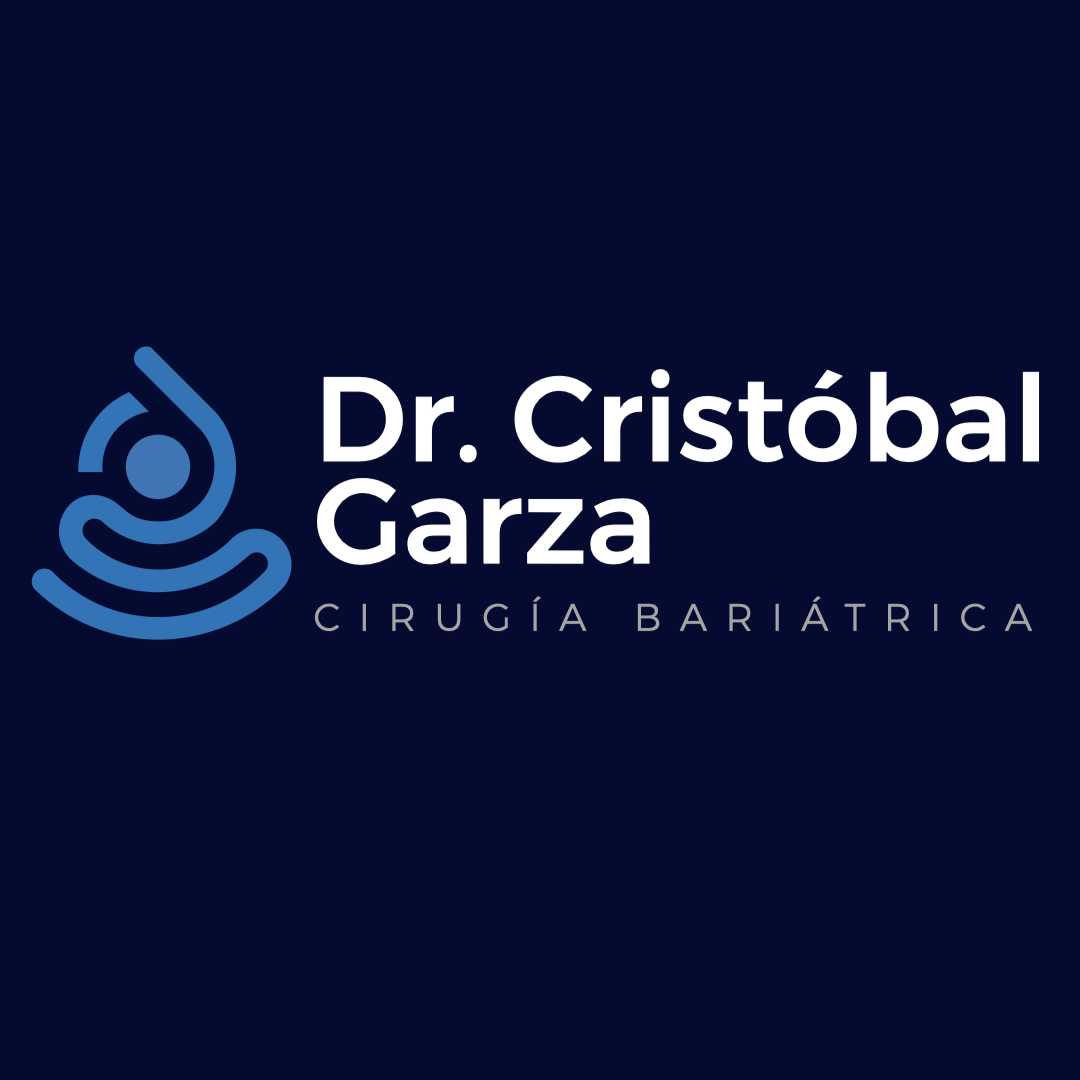Hernia Surgery Without Insurance: Your Step-by-Step Guide

Navigating the healthcare system can be overwhelming, and a hernia diagnosis without insurance can feel like an insurmountable obstacle. The fear of high costs often leads people to delay or avoid necessary surgery, allowing the condition to worsen. However, getting the medical care you need, including essential hernia surgery, is possible even without a robust insurance plan. You have options, and this comprehensive guide will walk you through them, providing a roadmap to affordable and effective treatment.
This guide will demystify the process, from understanding the true cost of hernia surgery to exploring low-cost and financial assistance programs. We'll provide you with actionable steps, key questions to ask, and resources to help you find a path forward. Remember, a hernia won't heal on its own, and seeking timely treatment is crucial for your long-term health and well-being. Don't let a lack of insurance prevent you from getting the relief you deserve.
Step 1: Understand the True Cost of Hernia Surgery
The first and most crucial step is to gather information about the potential costs. The sticker price for hernia surgery can be intimidating, but it’s important to know that these numbers are often highly negotiable for self-pay patients. The cost of a hernia repair without insurance can vary significantly depending on several factors, including:
- Type of Hernia: The location and complexity of your hernia (e.g., inguinal, umbilical, incisional) will directly impact the surgical approach and, consequently, the price.
- Surgical Technique: Minimally invasive procedures like laparoscopic or robotic surgery may have different costs compared to traditional open surgery. While minimally invasive techniques can sometimes be more expensive initially, they often lead to faster recovery and less post-operative pain, which can save money on lost wages and extended care.
- Facility Type: Having surgery at an outpatient surgery center is almost always more affordable than a large hospital. Hospitals have higher overhead costs that are passed on to patients.
- Geographic Location: The cost of medical care, including hernia surgery, can vary widely from state to state and even from city to city.
Actionable Tip: Don't accept the first price you're quoted. Many providers and facilities have discounted "self-pay" or "cash-pay" rates that are significantly lower than their standard billed rates. Always ask for the all-inclusive price for the procedure, including the surgeon's fee, anesthesia, and the facility's charges.
Step 2: Explore Flat-Rate or "Self-Pay" Surgery Centers
A growing number of surgical centers and specialized clinics are focusing on the self-pay market by offering transparent, all-inclusive flat fees for common procedures like hernia repair. These facilities are often able to provide high-quality care at a fraction of the cost of a traditional hospital.
How to Find Them:
- Search online: Use keywords like "low-cost hernia surgery," "self-pay hernia repair," or "cash-pay surgery center."
- Check with organizations: Some organizations and medical tourism companies specialize in connecting patients with affordable, pre-negotiated healthcare services.
- Inquire directly: Call local surgical centers and ask if they have a flat-rate or bundled price for uninsured patients.
The benefit of a flat-rate center is transparency. You’ll know the total cost upfront, which eliminates the stress of unexpected bills. This price typically covers the surgeon's fee, anesthesia, facility fees, and post-operative visits.
Step 3: Seek Financial Assistance and Discount Programs
Even with self-pay discounts, the cost of hernia surgery can still be a significant burden. Fortunately, numerous resources and programs are designed to help uninsured and underinsured patients.
- Hospital Financial Assistance: Many hospitals, particularly non-profit and community hospitals, have financial assistance or charity care policies. These programs often provide free or discounted care to low-income patients who meet specific eligibility criteria based on the Federal Poverty Level. Contact the hospital’s patient financial services department and ask for an application.
- Hernia-Specific Charities and Foundations: Organizations like Hernia Help are dedicated to providing free or low-cost hernia surgeries to underserved populations. While their services may be limited to specific regions or require certain qualifications, they are a valuable resource to investigate.
- Medical Credit Cards and Financing: Companies like CareCredit offer special financing options for healthcare expenses. These programs can help you manage the cost of surgery by allowing you to pay over time, often with an interest-free promotional period.
- Payment Plans: Don't be afraid to negotiate a payment plan directly with the healthcare provider. Many facilities are willing to work with patients to set up a manageable monthly payment schedule.
Step 4: Consider Medical Tourism
For some patients, medical tourism can be a viable and cost-effective option for hernia surgery. This involves traveling to another country to receive medical care, where the costs can be dramatically lower than in the United States. Countries like Mexico and Costa Rica have established reputations for providing high-quality, affordable medical procedures, and many facilities cater specifically to American and European patients.
- Cost Savings: The cost of hernia surgery abroad can be a fraction of the price at home, even when factoring in travel and lodging expenses.
- Accreditation and Quality: When considering medical tourism, it is absolutely essential to research and choose a facility with international accreditation (such as from the Joint Commission International, or JCI) and a proven track record of successful outcomes.
- The PlacidWay Advantage: Platforms like PlacidWay specialize in connecting patients with top-tier, internationally accredited hospitals and clinics around the world. PlacidWay simplifies the entire process, from finding the right surgeon and facility to coordinating travel logistics, ensuring a safe, seamless, and affordable experience.
Step 5: Prepare for Your Consultation and Surgery
Once you’ve identified potential options, it’s time to prepare for your surgical consultation. This meeting is your opportunity to ask crucial questions and confirm all details.
- Get a Detailed Price Breakdown: Ask for an itemized list of all potential costs, including the surgeon's fee, anesthesia, facility charges, pre-operative labs, and any necessary mesh or medical supplies.
- Inquire about the Surgeon's Experience: Ask about the surgeon's experience with the specific type of hernia and surgical technique you need.
- Understand the Recovery Process: Discuss the estimated recovery time, potential complications, and what to expect during your post-operative care.
By being proactive and informed, you can take control of your healthcare journey and secure the necessary hernia surgery without the burden of overwhelming medical debt.
Frequently Asked Questions (FAQs)
Can I just wait and see if my hernia gets better on its own?
No. Unlike some conditions, a hernia will not heal on its own and will likely get worse over time. The protruding tissue can become trapped (incarcerated), which can lead to a medical emergency if the blood supply is cut off (strangulation). Timely surgery is essential to prevent these serious complications.
What is the average cost of hernia surgery without insurance?
The average cost can range from $4,000 to over $15,000 for a simple repair, depending on the factors mentioned above. However, many facilities offer discounted self-pay rates that can significantly lower this price, sometimes to as little as $2,500-$5,000 for a basic procedure at an outpatient center.
Is a high-deductible insurance plan better than having no insurance at all?
A high-deductible plan can be a mixed blessing. While it provides a safety net against catastrophic medical events, you may still be responsible for a large portion of the cost of hernia surgery until you meet your deductible. For some, the out-of-pocket cost with a high-deductible plan can be similar to or even higher than a pre-negotiated cash-pay rate, so it’s essential to compare your options.
How do I know if I qualify for a hospital's financial assistance program?
You will typically need to provide proof of income, household size, and a statement of your financial assets. Eligibility is usually based on a percentage of the Federal Poverty Level. You can contact the hospital's financial counseling department for a full list of required documents and to begin the application process.
Is medical tourism for hernia surgery safe?
Yes, it can be very safe if you do your due diligence. It is crucial to choose a facility that is internationally accredited, employs board-certified surgeons, and has a strong reputation for patient care and safety. Platforms like PlacidWay simplify this process by vetting providers and ensuring high standards of quality and transparency.
Get the Care You Need, Without the Financial Stress
A hernia diagnosis without insurance doesn't have to be a source of stress and fear. By exploring all of your options, from transparent self-pay surgical centers to international medical tourism, you can find a path to affordable, high-quality care. Don't let your health take a back seat. Take the first step toward relief and recovery today.
Ready to find an affordable hernia surgery option that works for you? PlacidWay can connect you with pre-screened, world-class hospitals and clinics offering transparent pricing for hernia repair. Take control of your health journey and get a free, no-obligation quote today.




.png)

.png)












Share this listing